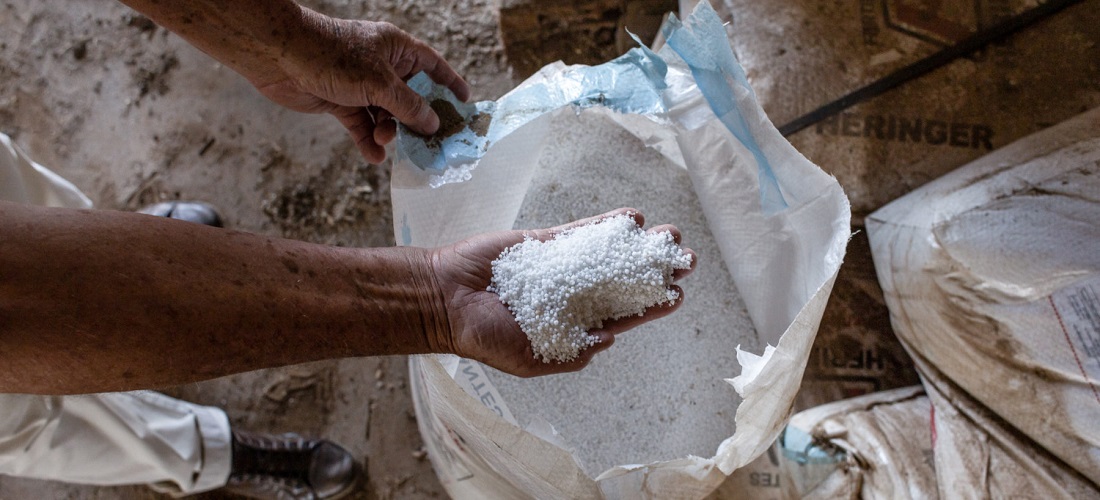
EU’s anti-deforestation law a warning sign to Brazil
Mar, 14, 2024 Posted by Gabriel MalheirosWeek 202411
The Regulation on Deforestation-Free Products (EUDR), one consequence of the European Green Deal, has put Brazilian-based forest companies on alert. The sector has long complied with the rules that the Europeans will apply to imports of certain agricultural products as of January. However, two specific requirements could threaten to disrupt trade flows with the region, currently the second-largest destination for Brazilian exports of wood and timber products, led by cellulose.
After months of work and constant dialogue between the Foreign Affairs Ministry and embassies, European customers, and European authorities, the industry last week organized an international mission, the first as a sector and not by an individual company. The aim of the mission, made up of two dozen senior executives from the sector and its organizations, was to show representatives of the European Parliament and the European Commission how producers operate in the country and to highlight the points of the EUDR regulations approved in the middle of last year.
The new rules also apply to other agricultural commodities, such as meat, coffee, and soy, whose producers in Brazil already have a tradition overseas. However, for those whose raw material is wood, the move was unprecedented. “Brazil is already compliant in virtually everything. However, two of the six pillars—traceability and data transfer—will depend on the operationalization [of the rules],” said Ambassador José Carlos da Fonseca Júnior, president of the Brazilian Paper Packaging Association (Empapel). The perception of the organization, the Brazilian Tree Industry (Ibá), and companies is that there is a significant gap between what is proposed in the legislation and how it is translated into operational terms.
In the case of traceability, although producers have control over the origin of the wood that leaves the cultivated forest and arrives at the mill’s door, European legislation requires this traceability to continue throughout the manufacturing process up to the final product (the pulp batch), which is not possible for industrial reasons.
In addition, producers will have to provide the European buyer—it’s the importer’s responsibility to guarantee the conformity of the product he buys—with a range of information, some of it commercially sensitive, using a technological platform that does not yet support this type of operation. “There are market and technological problems,” he said.
“The legislation is positive for Brazil because the sector has been working on a zero-deforestation policy for decades. It’s in our interest to raise the bar. We concentrated our efforts in the European Union on making people aware of the challenges of implementing certain rules, of what can go wrong in trying to achieve a goal that we all want,” said Camilla Marangon, Ibá’s sustainability manager.
According to the executives, the European authorities are sensitive to the challenges posed by the EUDR regulations and there may be an extension of some of the rules laid down in the legislation. Other countries and producers from other regions have also embarked on similar missions, which could pave the way for a bilateral movement soon.
Source: Valor International; Translation: Carlos Dias
Click here to read the original story: https://valorinternational.globo.com/business/news/2024/03/14/eus-anti-deforestation-law-a-warning-sign-to-brazil.ghtml
-
Ports and Terminals
Mar, 02, 2023
0
BTP plans BRL 2 billion investment at Port fo Santos terminal
-
Ports and Terminals
Feb, 20, 2024
0
Waterborne Transportation Regulatory Agency Visits Ports in Ceará
-
Shipping
May, 03, 2024
0
Freight on Main Global Maritime Routes Rose 1% Last Week
-
Grains
Aug, 17, 2021
0
Drought and corn crop failure affect transported volumes; Hidrovias revises goal downward

